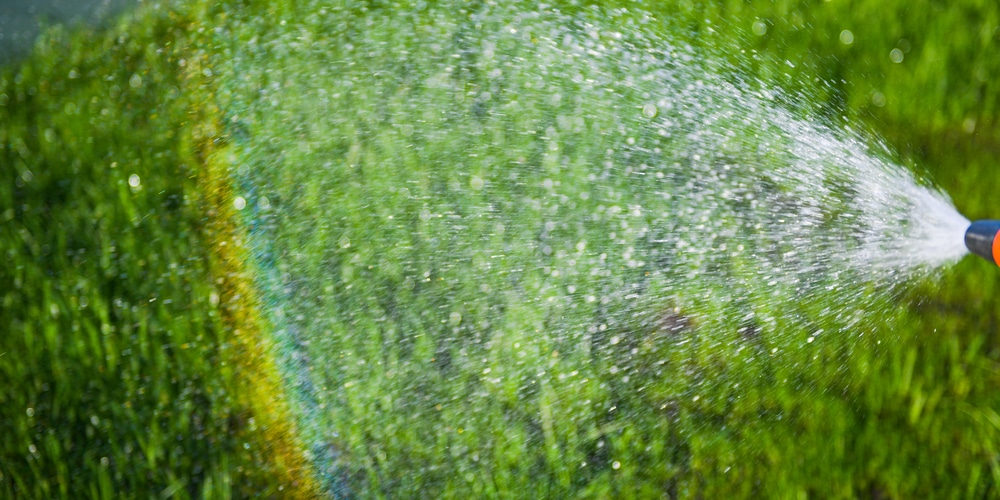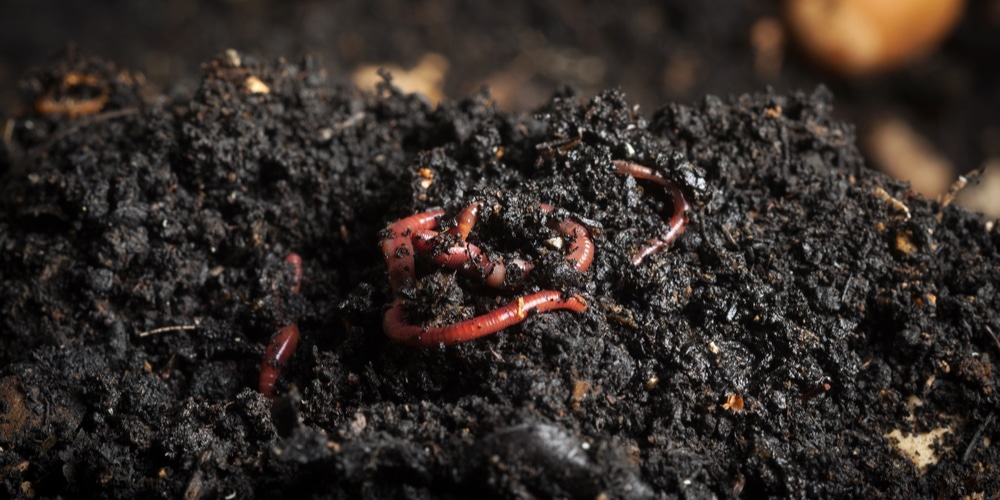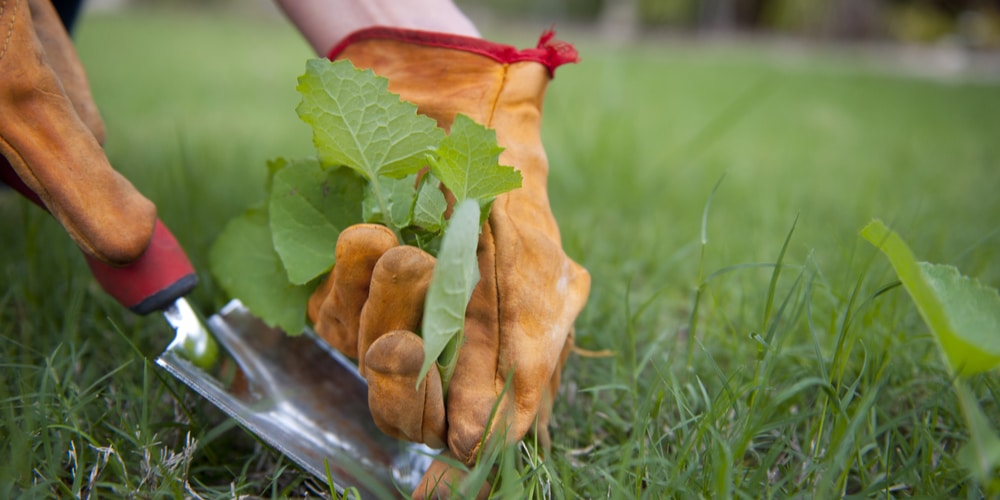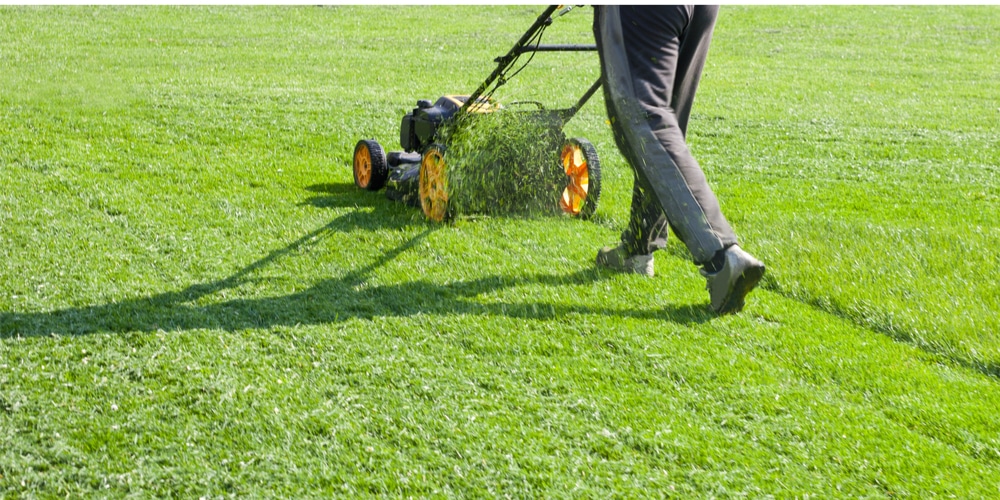If you live in a warmer climate and are searching for the perfect grass for your lawn, you may be considering Bermuda Grass vs. St. Augustine Grass. Before deciding which grass, you’d like to plant, it’s wise to think about your climate and other conditions, such as how shaded your yard is. Bermuda grass and St. Augustine grass are both very popular warm-season types of grass grown in the southern states of America. These grasses both have a growing season between early spring and early fall.
Let’s compare Bermuda Grass vs. St Augustine Grass to help you decide which is best for your lawn. Both these grass varieties have their advantages and disadvantages.
Bermuda Grass vs. St Augustine Grass
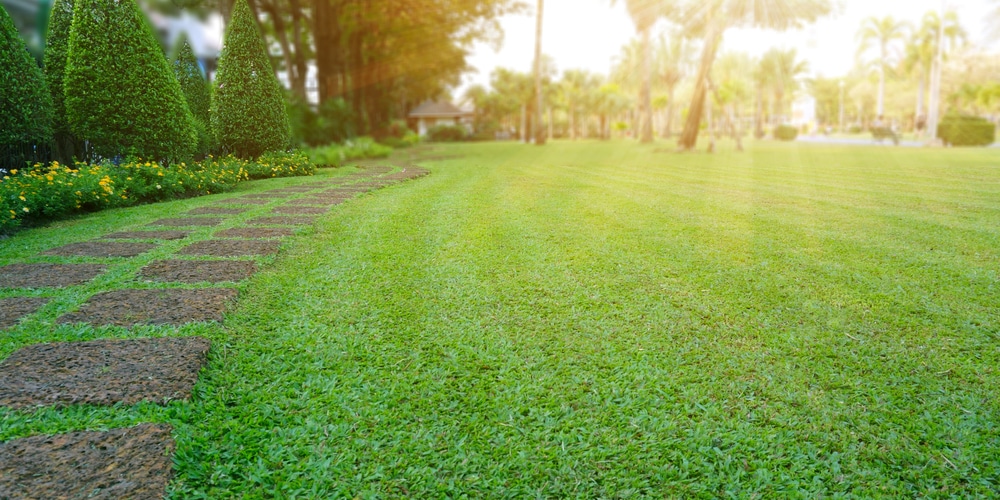
The main difference between these two popular grass varieties is that Bermuda Grass is a sun-loving plant that likes to be in direct sunlight. St Augustine grass prefers the shade and is best for yards that are shaded by trees or outbuildings. St. Augustine is the best grass variety for yards with partial shade as it can cope with the sun and shade. Both grass varieties need to be grown in temperatures of at least 60 Fahrenheit as they are warm-season grasses and need heat for proper growth.
Planting St. Augustine grass can be challenging as it’s hard to find grass seeds. It’s more likely that you’ll need to lay sod if you choose this variety. Sod can be laid during the spring and will quickly establish itself.
On the other hand, Bermuda grass is the cheaper option as it can be grown from seed. The best time of year to plant Bermuda is in the early spring and will grow throughout the growing season.
Watering
Bermuda grass is drought resistant and is great for hotter climates. You can water the grass to help keep it green and thriving. A Bermuda lawn will survive if you forget to water it or you go away on vacation. Your lawn may turn brown due to a lack of water, but it won’t die. To keep your Bermuda lawn healthy, you can water it once or twice a week. During the winter, the grass will go dormant and won’t need to be watered.
Augustine requires regular watering. Otherwise, it will quickly become dehydrated and die. You should water a St. Augustine lawn three or four times a week, depending on the climate. Many gardeners find that their water bills increase if they plant a St. Augustine lawn. This variety of grass is also more vulnerable to pests and fungal infections during hot weather. Be careful if you plant sod. You can overwater new sod.
Soil Requirements
It’s a wise idea to test your soil’s pH range and nutrient levels before deciding whether to plant St. Augustine Grass or Bermuda Grass. You can buy a soil test kit from your local gardening store and easily test the soil yourself.
St. Augustine grass grows best when it’s planted in soil that’s rich and contains either iron sulfate or iron chelate. You can always add some with a product such as Ironite. This variety of grass also requires potassium and should be regularly fertilized.
Bermuda grass is less fussy about where it grows and can be planted in both acidic and alkaline soils. Lawns with this grass would benefit from a slow-release nitrogen fertilizer every two or three months. Bermuda needs nitrogen-rich soil to help with growth. Here are our picks for the best fertilizer for Bermuda.
Weeds
Both Bermuda and St Augustine Grass are relatively resistant to weeds. This is because a healthy lawn of Bermuda or St Augustine will be dense and block out the weeds. Many gardeners plant a grass mix that contains St. Augustine or Bermuda to deal with weed infestation. These grass varieties grow very thick and spread into patchy areas. As a result, they can overcome weeds and eventually kill them.
You can use a product such as weed and feed on either of these grasses. But, don’t overdo
Foot Traffic
Before choosing the right type of grass for your lawn, you’ll need to consider wear and tear, also known as traffic tolerance. If you have kids and pets running around or if soccer is being played regularly in your yard, you’ll be better planting Bermuda grass. Bermuda grass is fairly hardwearing and resistant to human activity. St. Augustine grass, on the other hand, isn’t as resilient and can be damaged easily.
Mowing
St. Augustine grass requires more care in the form of watering, fertilizing, and of course, mowing. You’ll need a good quality lawnmower to keep a St Augustine lawn looking great. This variety of grass can spread to other parts of your yard, such as flower beds. It’s a good idea to cut your grass once a week if you decide to plant St. Augustine grass. You can cut your grass to between 2 ½ to 3 inches. If you have a shaded lawn, you may like to increase the height to 3 1/2 inches.
In comparison to St. Augustine, Bermuda grass is a lot easier to maintain. It needs to be watered less regularly and can survive on less than half the amount of watering that St. Augustine grass requires. However, Bermuda is fast-growing and needs to be mowed regularly. You may find that you need to cut your grass every five to seven days.
Bermuda grass can grow sideways and will invade flower beds and paths if it’s not trimmed regularly. The idea hight to mow Bermuda grass is to between one and two inches. If you choose a hybrid Bermuda grass, you can cut your grass shorter; ½ to one inch is often a good height.
Conclusion
If you live in a warmer area, you might want to take a look at Bermuda versus Centipede grass. Centipede Grass is also a warm-season perennial bunchgrass that can be found throughout the southeastern United States, and is often mixed with Bermuda or Saint Augustine.
As you can see, you’ll need to take many things into consideration when choosing between St. Augustine vs. Bermuda grass. Bermuda grass and St. Augustine are both excellent warm-season grasses. Bermuda is slightly easier to grow and care for as it can be grown from seed and requires less watering. It’s also hardy as it’s drought-tolerant and can cope with higher levels of traffic. Bermuda needs to be regularly mown and aerated.
Augustine grows well and thrives with the right attention. It’s fast to establish its self and can overcrowd weeds, making it an excellent variety if you have invasive weeds.
Related: Fescue Vs. Bluegrass
